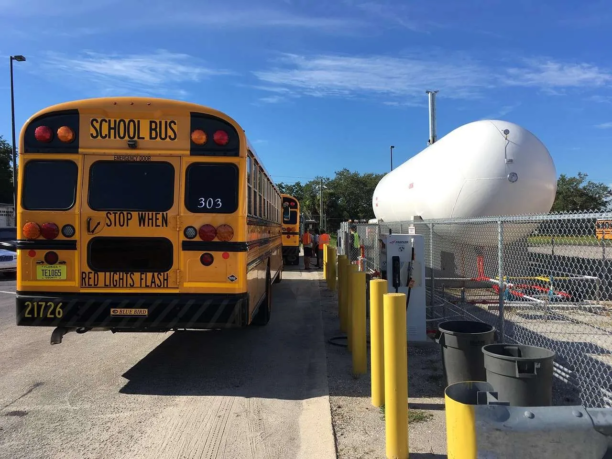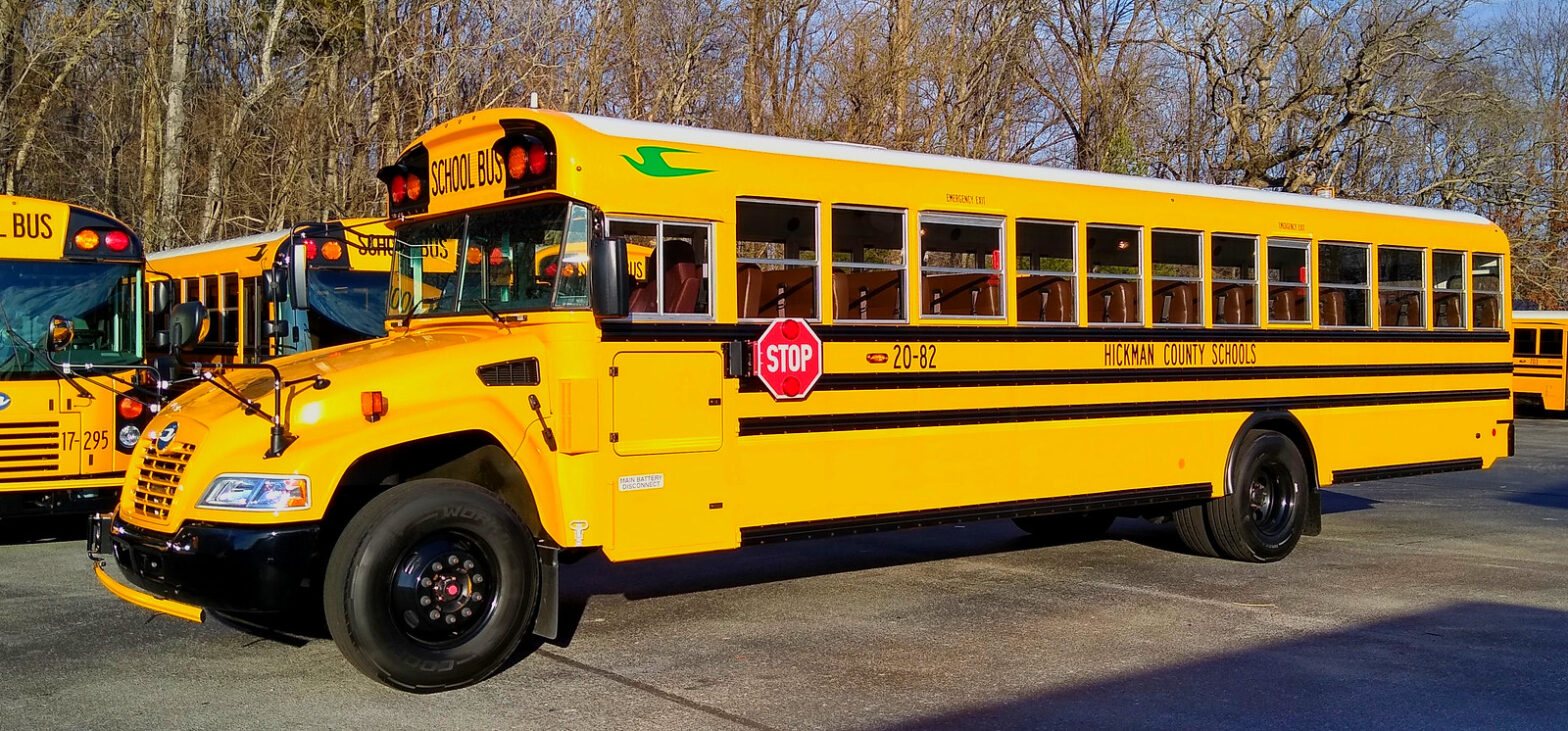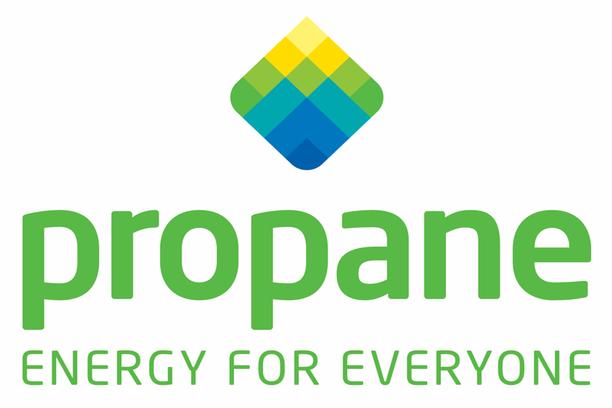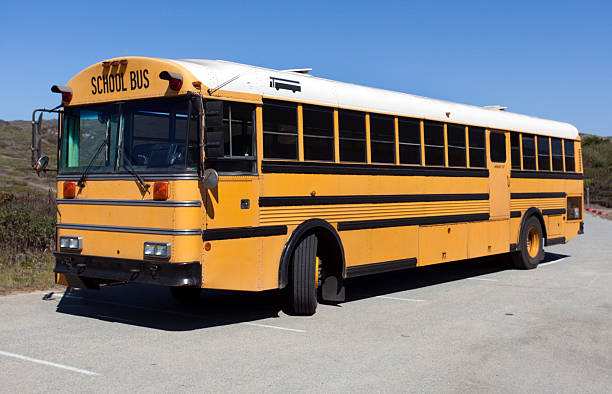Rebate Opportunity for Clean School Buses: A Step Forward for Cleaner Air
The transition to cleaner fuel sources in school transportation just received a boost with the 2024 Clean School Bus (CSB) Rebate. This initiative aims to help school districts and contractors upgrade their fleets with propane-powered buses, offering a more environmentally friendly and cost-effective alternative. Why Choose Propane for School Buses? Propane buses have become a… Continue reading Rebate Opportunity for Clean School Buses: A Step Forward for Cleaner Air







